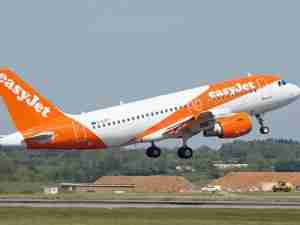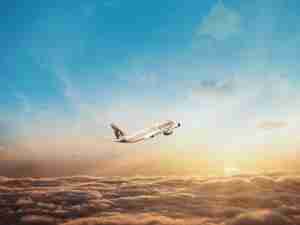All Nippon Airways Co said instruments aboard a domestic flight indicated a battery error, triggering emergency warnings. Shigeru Takano, a senior safety official at the Civil Aviation Bureau, said a second warning light indicated smoke.
Wednesday's incident, described by a transport ministry official as "highly serious" - language used in international safety circles as indicating there could have been an accident - is the latest mishap to hit the world's first mainly carbon-composite airliner in recent days.
"I think you're nearing the tipping point where they need to regard this as a serious crisis," said Richard Aboulafia, a senior analyst with the Teal Group in Fairfax, Virginia. "This is going to change people's perception of the aircraft if they don't act quickly."
ANA, which said the battery in the forward cargo hold was the same lithium-ion type as one involved in a fire on another Dreamliner at a U.S. airport last week, grounded all 17 of its 787s, and Japan Airlines Co suspended its 787 flights scheduled for Wednesday and Thursday.
The two airlines, which operate about half of the 50 Dreamliners delivered to date, said they would decide on Thursday whether to resume Dreamliner flights the following day.
Comprehensive Review
The 787, which has a list price of $207 million, represents a leap in the way planes are designed and built, but the project has been plagued by cost overruns and years of delays. Some have suggested Boeing's rush to get planes built after those delays resulted in the recent problems, a charge the company denies.
Both the U.S. Federal Aviation Administration (FAA) and the National Transportation Safety Board (NTSB) said they were monitoring the latest incident as part of a comprehensive review of the Dreamliner announced late last week. Financial analysts warned of the impact on a wider universe of companies.
"This is another major negative for the B787 and its supplier(s) ... as this heightens the risk of a forced slowdown of the production ramp-up," Kepler analyst Christophe Menard said, adding the latest incident was "extremely disturbing."
It was not just analysts, however, passengers were also nervous about boarding the plane after the latest upset.
At Warsaw's Chopin Airport, the LOT national carrier was announcing over the public address system that one of its Dreamliner aircraft was making its maiden trans-Atlantic flight on Wednesday. Some of the passengers checking in for the flight to Chicago expressed misgivings.
"We have decided to fly on the Dreamliner, but we are a bit worried since we've heard information that this plane is full of defects, albeit they are not really major," said Daniel Rekret, 34, who was traveling with his wife and children.
Alarm Triggered
At a news conference - where ANA's Vice President Osamu Shinobe bowed deeply in apology - the carrier said a battery in the forward cargo hold triggered emergency warnings to the pilots, who decided on the emergency action. "There was a battery alert in the cockpit and there was an odd smell detected in the cockpit and cabin, and (the pilot) decided to make an emergency landing," Shinobe said.
In a statement later, ANA said the main battery in the forward electrical equipment bay was discolored and there were signs of leakage.
Passengers leaving the flight told local TV there was an odor like burning plastic on the plane as soon as it took off. Marc Birtel, a Boeing spokesman, said: "We've seen the reports, we're aware of the events and are working with our customer."
Robert Stallard, an analyst at RBC Capital Markets, said lost revenue at the Japanese airlines could prompt compensation from Boeing. "What started as a series of relatively minor, isolated incidents now threatens to overhang Boeing u










